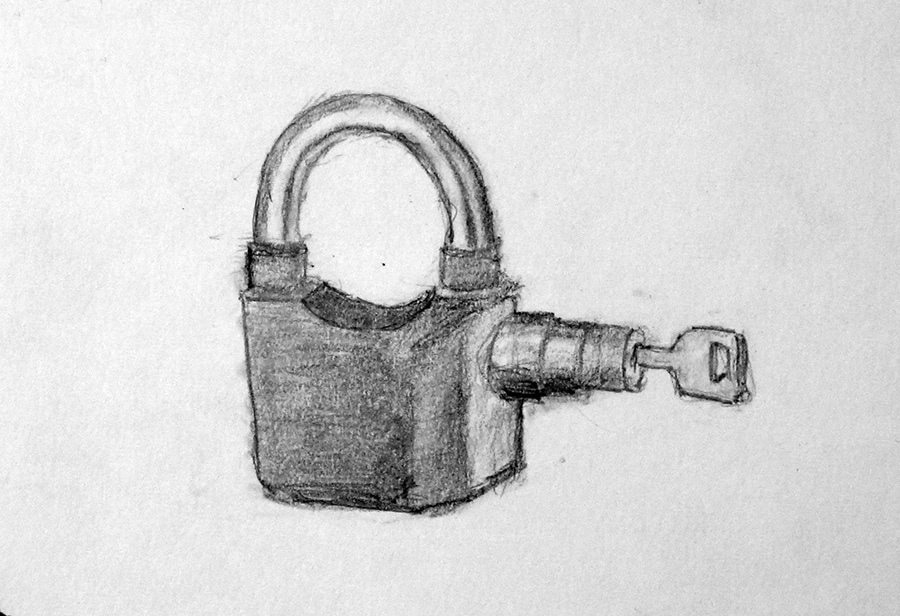
I’ve gone to retrieve my bike after a lecture at the German House, but someone else’s bike is blocking access to mine. Just at that moment a young man emerges from the building behind me and approaches the post where both our bikes are locked. ‘Sorry,’ he says, ‘am I blocking you?’ I wait for him to disengage his complicated locking system. I notice that his bike is in fact loaded with sophisticated gadgets, and, as I’m standing idly by, I feel the sudden need to make conversation. I ask if his bike is ‘E-assist’ (there appears to be some kind of battery pack integrated into the frame). ‘No,’ he replies, and starts describing some kind of internal drivetrain mechanism that bolsters pedaling power without a motor – a description that quickly goes over my head. Meanwhile, it’s clear that we’ve just attended the same lecture, and for a split-second I consider changing the subject and bringing this up (‘digital technology and data collection’ – not a far cry from a high-tech bike, after all). But it’s too late, I’ve unleashed a demon: he’s animatedly describing the bike’s advanced features from handlebars to wheels, throwing out a dizzying array of technical jargon and engineering details. I nod approvingly now and then, but the truth is I find this sort of cyclo-fetishism disheartening, and I wonder if I could possibly find a rejoinder to talk about the thing I cherish about my own beat-up mountain bike: its stubbornly simple ability to keep on taking me where I want to go, all without all the bells and whistles. But it’s clear that we’re on opposite sides of a growing divide in the cycling community: those who prize bikes as a cheap, pure and entertaining form of transport, and those who use them as tokens of their cutting edge, high-tech, consumerist lifestyle.
Leave a comment